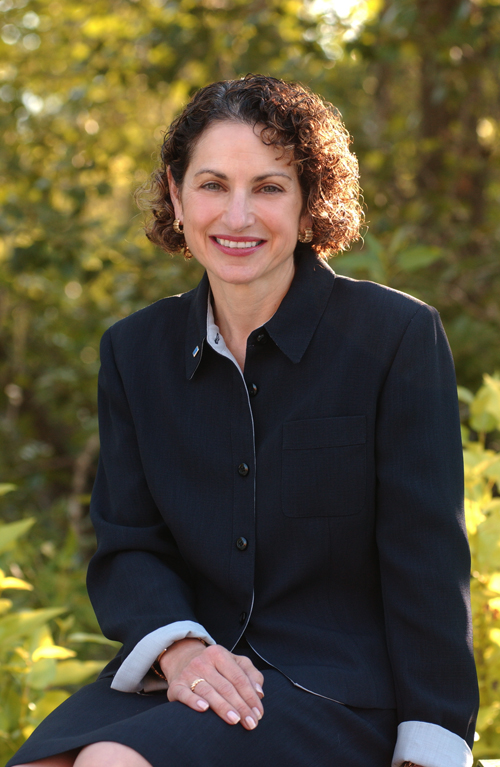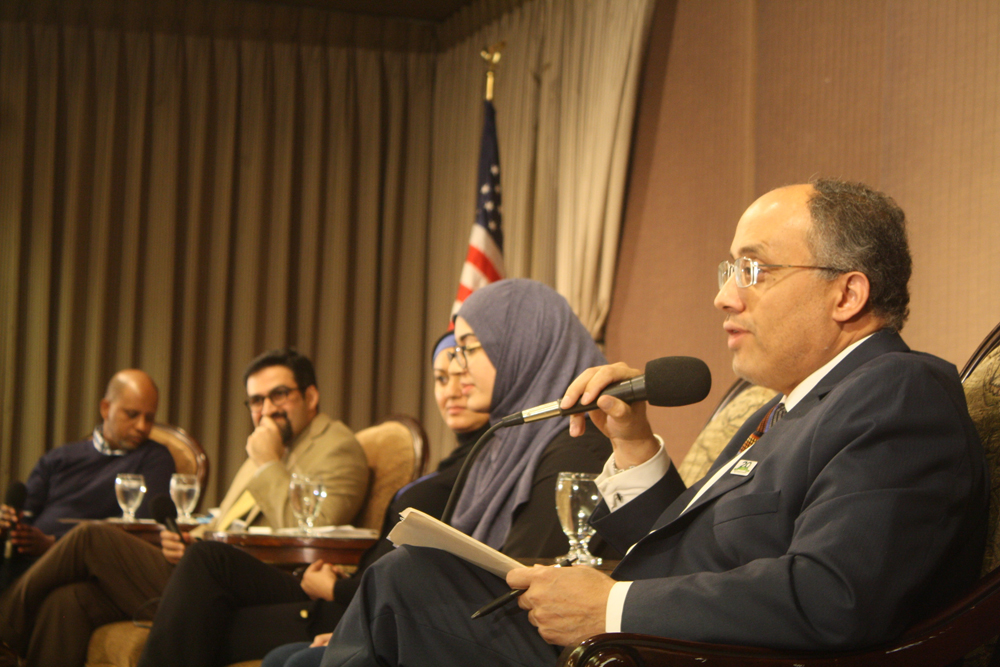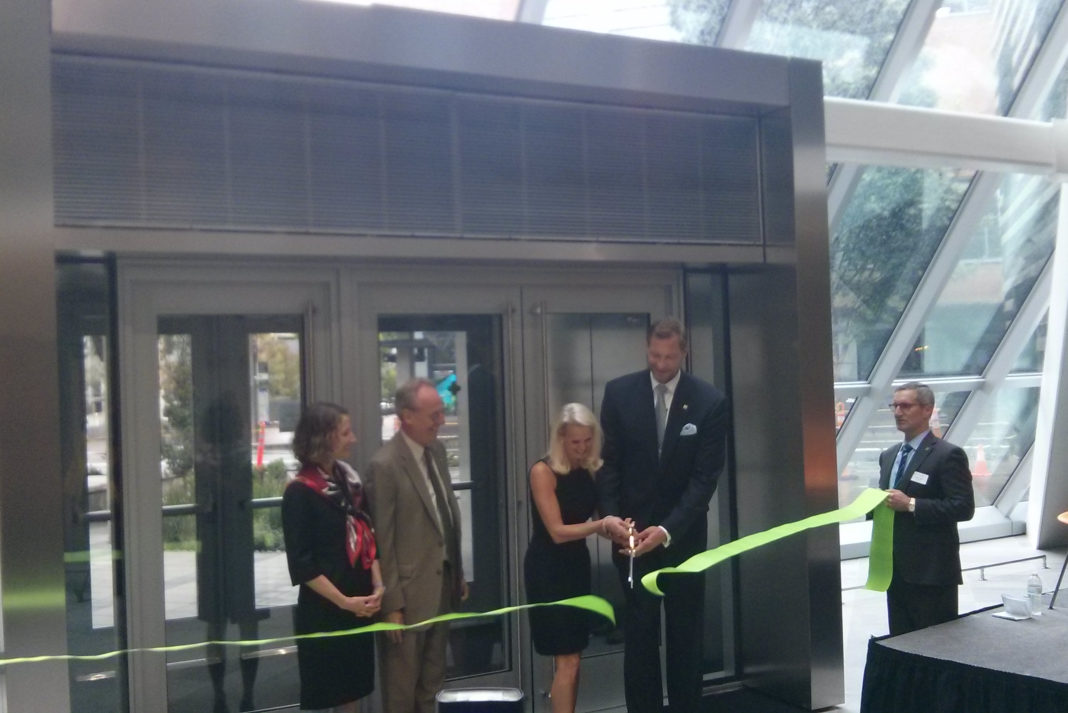Boys and Girls Aid hosted its monthly event called Foster Talks on Tuesday, June 27 to discuss the journeys of three former foster children who are now adults. Lagunitas, who provided the event space, Mississippi Pizza and Porque No sponsored the event, which approximately 50 people attended.
The three speakers broached a number of issues challenging foster children today. Such issues range from abuse, crime, drugs and prison, to the feelings of alienation and resentment that often accompany foster children as they jump from home to home.
According to Suzan Huntington, president and CEO of Boys and Girls Aid, the average foster child moves around to four different homes per year while escaping abusive families or drug-addicted parents. Of nearly 9,000 children living in Oregon’s foster care system, half are from the Portland Metro area. Additionally, just over 50 percent will graduate from high school, and less than 5 percent will go on to attend college.
“We’re in a cycle, and it’s a cycle of trauma and abuse,” said one speaker, who went by the name of Alexis in order to protect her identity. “So why do children enter the system? They enter because they have been traumatized. Without any other pretty way to say it. The children have been traumatized.”
The second speaker, *Amy, shared her experiences of sexual abuse by her father, who was incarcerated at the time. Amy’s father managed to perpetrate this abuse on camera in a government institution, which she carried with her as she jumped from home to home, never feeling comfortable enough to talk about it.
The final speaker, *Matthew, discussed his experience with his final foster family which he found at age 16. According to Matthew’s story, this had been the first time he was able to call his foster parent “mom” instead of by her first name. He credits that experience to his new sense of family and stability toward the success he has now in adulthood, where he is now a business owner with his own family.
The event wrapped up with the speakers sharing what they would like to see change about the system. Alexis suggested siblings should no longer be separated from each other.
“My answer would be that we would have started intervention far before the kids got pulled,” Alexis said. “I’m not an advocate for the system, I just think that the first time the cops get called to your house is when intervention needs to happen. We should keep families together if we can.”
Amy shared her own experience in suggesting that guardians of foster children should rely less on medication to solve behavioral issues. At one point, Amy discussed, she had been prescribed over 100 pills a month. In addition, Amy also suggested that children should not be strip searched as they enter the system.
Portland Community College’s Fostering Success program is dedicated to helping foster kids complete their education and career goals.
Boys and Girls Aid is an organization dedicated to connecting foster children with dependable adults.
“We started Foster Talks because we wanted to have a conversation around how we can help children in foster care,” Huntington said. “I believe that if people really understood what was happening to children in foster care, they would want to make a difference.”
*Editor’s Note: Due to the nature of the event and the circumstances discussed, the names of event speakers have been changed in order to protect their identities from potential harm.






